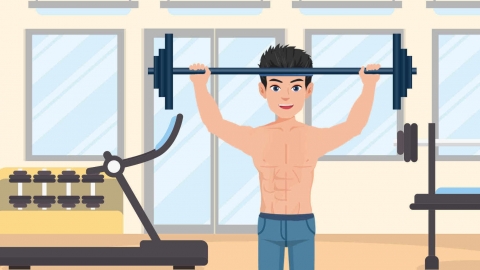Can I eat lychee after working out?
Generally speaking, whether one can eat lychee after exercising depends on the intensity of the workout and individual physical condition. Those who have normal blood sugar levels after low-intensity exercise can consume it in moderation, while those who have undergone high-intensity exercise or have elevated blood sugar levels should avoid excessive consumption. Detailed analysis is as follows: 
After low-intensity workouts, when energy consumption is moderate, eating lychee in moderation can quickly replenish glucose and alleviate fatigue after exercise. The vitamins and minerals contained in lychees can assist in body recovery, and since gastrointestinal function is generally stable after low-intensity exercise, moderate consumption will not cause digestive discomfort, making it a suitable option for rapid energy replenishment.
After high-intensity workouts, muscle recovery requires high-quality protein and complex carbohydrates. Although the simple sugars in lychee can provide quick energy, they cannot sustainably supply the nutrients needed for body repair. Excessive consumption may also lead to sharp rises and drops in blood sugar levels, affecting subsequent meal intake. If one already has poor blood sugar control, eating lychee after workouts may exacerbate blood sugar fluctuations, which is detrimental to health management.
Post-workout lychee consumption should be limited to 5-8 pieces. It is recommended to pair it with protein-rich foods such as nuts or yogurt, which can not only quickly replenish energy but also slow down the rate of blood sugar increase. Consumption should be stopped immediately if symptoms like dizziness or bloating occur. Planning meals according to workout intensity ensures nutritional balance and optimal exercise results.









